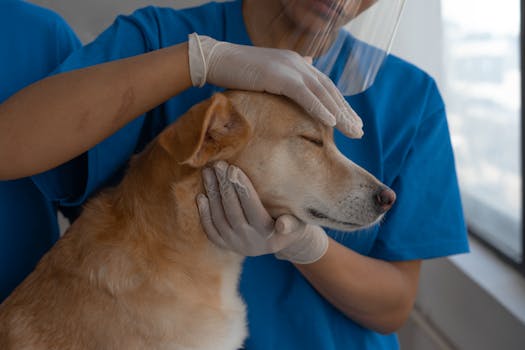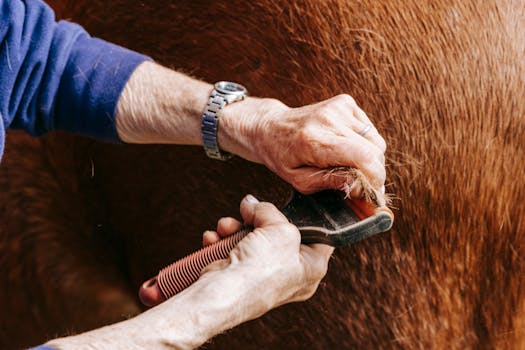You can do a foundation degree or degree in veterinary nursing. The Royal College of Veterinary Surgeons has a list of accredited courses.
Entry requirements
You'll usually need:
- at least 1 A level, or equivalent, for a foundation degree
- 2 or 3 A levels, or equivalent, including biology for a degree



